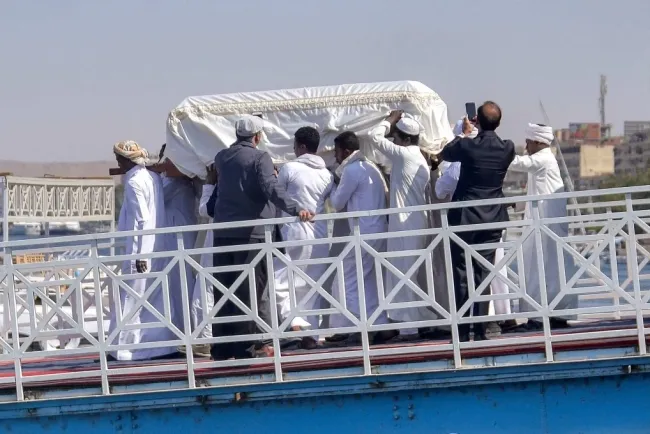Kashmir Attack: A Tragic Blow to Tourism and National Security
The recent attack on tourists in Kashmir has sent shockwaves across India, raising urgent questions about security and the future of tourism in the region. What are the implications of this incident for Kashmir's stability and India's national security? Read on for an in-depth analysis.
The peaceful allure of Kashmir has been marred by violence following a brutal attack that claimed the lives of 27 innocent civilians. As authorities scramble to identify the perpetrators, a clearer picture emerges. Reports indicate that five militants executed the attack, with two being local and three hailing from Pakistan, including a known operative, Adar Gori. This group has been active in the Pir Panjal range, particularly in the Rajori and Punch belts, for the past six months, frequently evading capture in dense forests.
Impact on Tourism and Local Sentiment
The attack has sent ripples through the tourism sector, which is a vital lifeline for Kashmir's economy. Tourists have begun to cancel their trips, with some expressing concerns about their safety. One tourist, speaking from the Mughal Gardens, noted the hospitality of locals but acknowledged the significant impact this incident would have on tourism. Many had come to enjoy the stunning landscapes but left disheartened by the tragedy.
The local populace is now grappling with the repercussions of this violence, as protests erupt among trade bodies and citizens alike. This attack is not only a blow to the victims' families but also a setback for those in the tourism industry who have been working tirelessly to revive Kashmir's reputation as a safe travel destination.
Military Response and Security Challenges
In the aftermath of the attack, the Indian Army is poised to respond strategically. Dr. Subra Saha, former Deputy Chief of Army Staff and member of the National Security Advisory Board, emphasized that such attacks are orchestrated with support from across the border, reflecting a broader strategy by Pakistan to destabilize the region. The military will likely conduct targeted operations against known launch pads of these militants, as seen in past responses to similar attacks.
Despite the heavily militarized border, infiltrations continue to occur, raising questions about the effectiveness of current security measures. Dr. Saha highlighted the necessity of integrating advanced technology to enhance surveillance and improve border security, while also stressing the importance of human intelligence to navigate the unique challenges presented by the Kashmir terrain.
The Future of the Ceasefire Agreement
The ceasefire established between India and Pakistan in February 2021 is now under scrutiny. The nature of this attack may prompt India to reassess its stance on the agreement. Historical responses to previous attacks have shown a willingness to take decisive action against militant infrastructure, and the current situation may lead to a similar course of action.
As the nation mourns the loss of innocent lives, the focus will inevitably shift towards ensuring that such incidents do not recur. The government's response will be closely monitored, not only for its impact on security but also for its implications on the fragile peace in Kashmir.
Conclusion
The tragic attack on tourists in Kashmir underscores the ongoing challenges facing the region. It serves as a stark reminder of the delicate balance between peace and violence and the urgent need for effective security measures to protect civilians. As authorities consider their next steps, the future of Kashmir's tourism industry hangs in the balance, with the hope that this setback will ultimately pave the way for a more secure and stable environment in the valley.
What's Your Reaction?
















